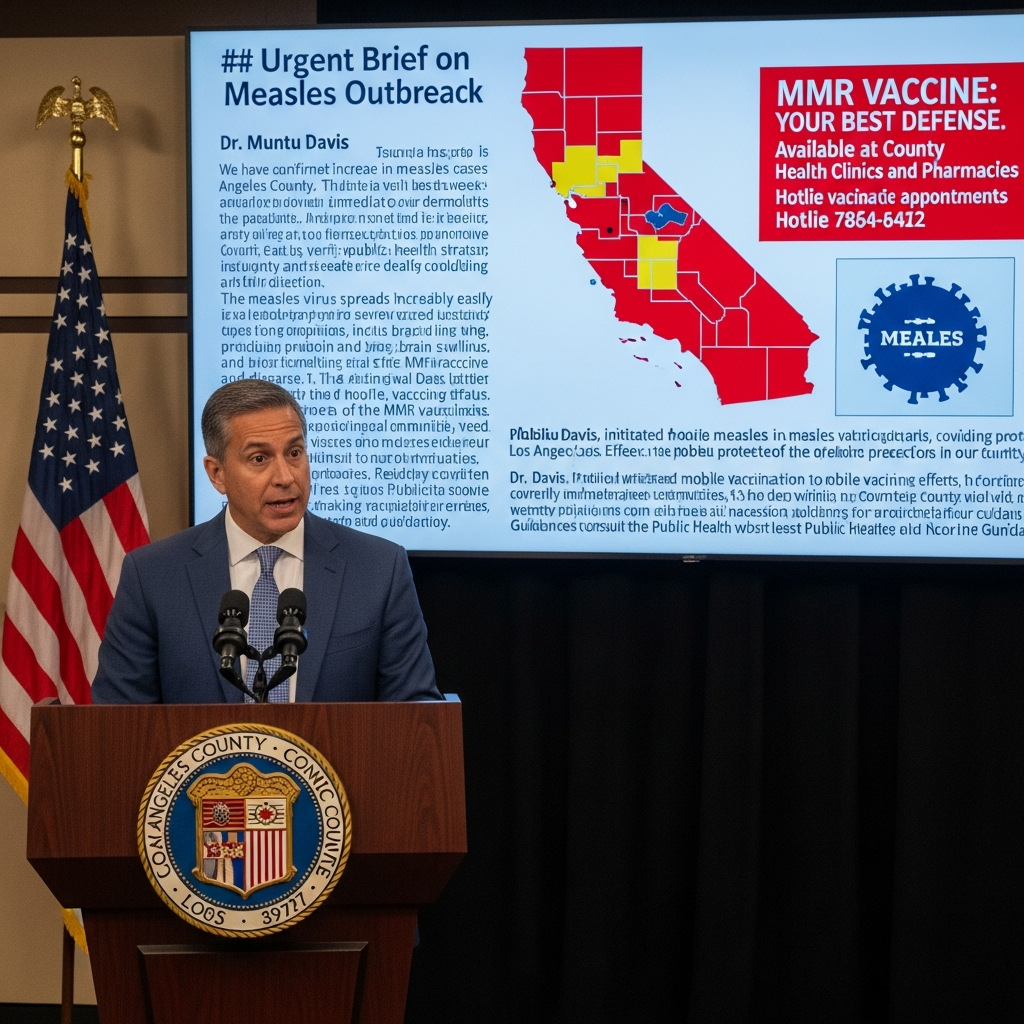Islamabad, Pakistan – The Pakistani government has announced its intention to formally nominate former U.S. President Donald Trump for the 2026 Nobel Peace Prize. The move, revealed on Saturday, June 21, 2025, cites Trump’s purported role in de-escalating a recent conflict between India and Pakistan, a claim that has drawn both support and criticism.
Pakistan’s Foreign Ministry stated via social media that the nomination was in recognition of Trump’s “decisive diplomatic intervention and pivotal leadership” during the “2025 Pakistan-India crisis.” According to Islamabad, “President Trump demonstrated great strategic foresight and stellar statesmanship through robust diplomatic engagement with both Islamabad and New Delhi, which de-escalated a rapidly deteriorating situation.” Pakistan believes this intervention averted a potentially “broader conflict” with “catastrophic consequences” and “stands as a testament to his role as a genuine peacemaker.” Former Prime Minister Shehbaz Sharif had also previously thanked Trump for his “leadership and proactive role for peace in the region.”
However, India has strongly disputed the notion that the United States mediated an end to the fighting. Indian officials maintain that the cessation of hostilities was a bilateral agreement reached directly between the two nation’s militaries. India’s foreign secretary, Vikram Misri, reportedly stated that talks for a ceasefire occurred through existing military channels and were initiated “on the insistence of Pakistan,” clarifying that India “has not accepted mediation in the past and will never do.” Misri noted that Indian Prime Minister Narendra Modi had already made this position “absolutely clear” to Trump in a prior conversation.
Donald Trump himself has frequently claimed credit for resolving the India-Pakistan conflict, asserting he averted a nuclear war and saved millions of lives. He has often expressed frustration at not receiving more recognition, including the Nobel Peace Prize, for this and other achievements like the Abraham Accords normalization agreements between Israel and several Arab states. Reacting to Pakistan’s nomination, Trump reportedly suggested he should have received the award “four or five times” already, attributing the lack of recognition to political bias within the awarding committee, who he claimed “only give it to liberals.” He also listed other conflicts he believes he helped resolve, including Serbia-Kosovo and maintaining peace between Egypt and Ethiopia, and claimed to have brokered a recent peace treaty between Rwanda and the Democratic Republic of Congo set for signing.
The decision to recommend Trump for the prestigious award has not been universally welcomed within Pakistan, where reactions have been sharply divided. Some voices, like Mushahid Hussain, a former chair of the Senate Defence Committee in Pakistan’s parliament, supported the strategic nature of the nomination. Hussain argued that “Trump is good for Pakistan” and that pandering to his ego might be beneficial, noting how “All the European leaders have been sucking up to him big time.”
Conversely, prominent critics condemned the move. Talat Hussain, a well-known political talk show host, sharply criticized the nomination, particularly given Trump’s strong support for Israel’s actions in Gaza and his stance on Iran, stating that “Israel’s sugar daddy in Gaza and cheerleader of its attacks on Iran isn’t a candidate for any prize.” Former Pakistani Ambassador to the US, Maleeha Lodhi, also called the decision “unfortunate,” arguing it “compromises our national dignity” given Trump’s record, specifically mentioning his backing of Israel’s actions in Gaza.
The timing of the nomination also drew attention, occurring the same week Pakistan’s army chief, Field Marshal Asim Munir, met with Trump – a notable interaction for a Pakistani military leader at the White House under a civilian government. The announcement also came as the US president was reportedly considering potential involvement in the escalating Israel-Iran tensions.
It’s important to note that any head of state or government can nominate individuals for the Nobel Peace Prize. Nominations are confidential and must be submitted by January 31st for consideration in a given year’s award cycle, explaining the 2026 nomination year. While Pakistan’s formal recommendation puts Trump’s name forward, the final decision rests solely with the Norwegian Nobel Committee, which does not publicly comment on individual candidacies.


